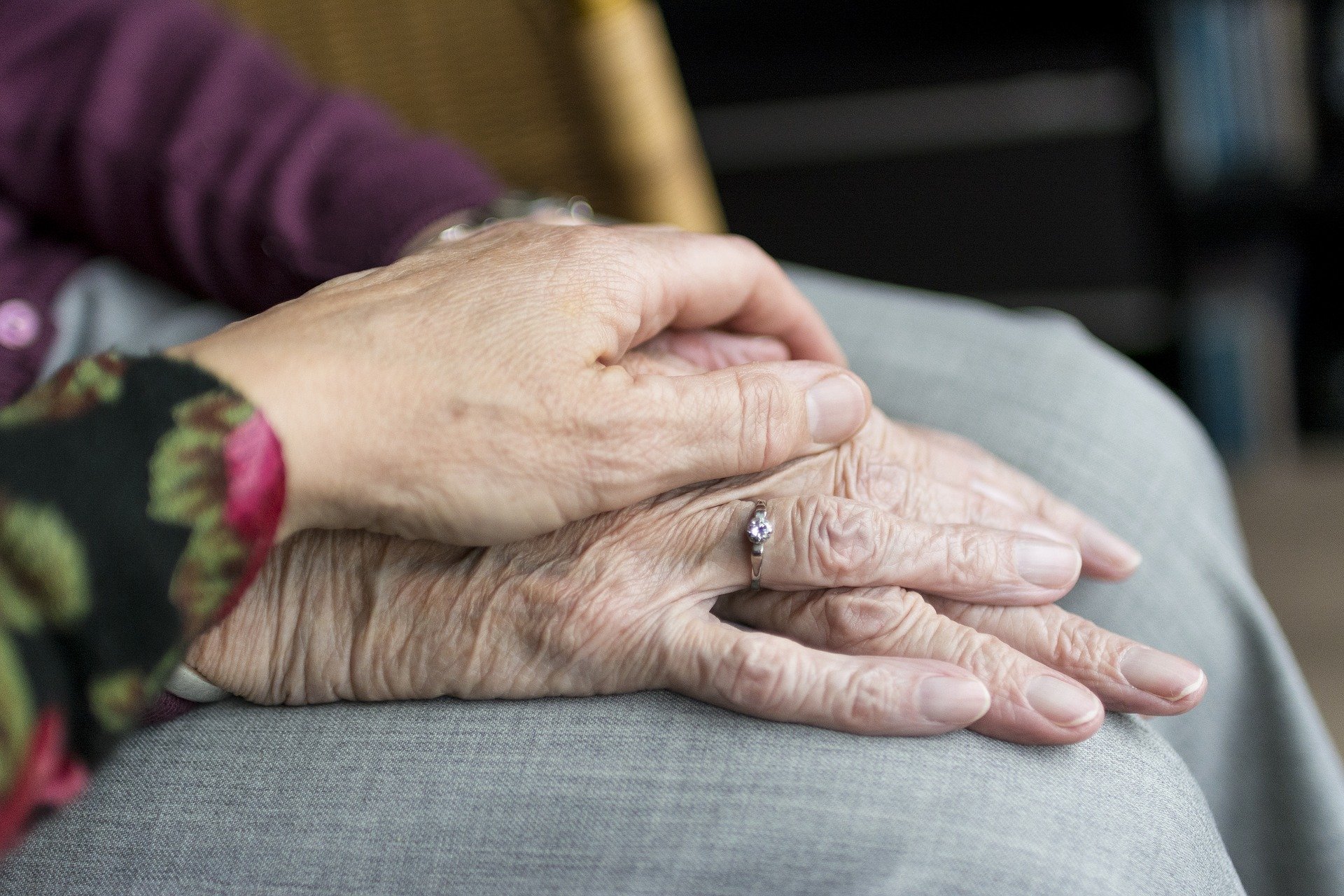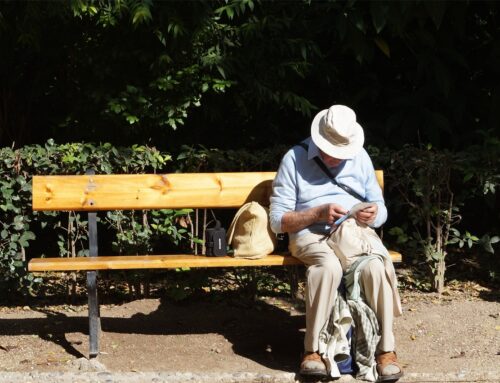If your family member is in a nursing home, they deserve compassion, dignity and love. Unfortunately, there have been far too many stories of nursing home abuse over the years, and it is horrifying to think of those we love being mistreated in their final years. This is why it is so critical to carefully research the facility that you place your loved one in, and to stay involved in their care. A reputable nursing home will gladly work in concert with you to provide your family member with a full and happy life, in a professional and caring residence.
Elderly abuse can go undetected for long periods of time if you are not paying attention. This is often because so many of the signs, on their own, can also be attributed to normal aging. Nursing home abuse also happens more frequently to those who do not have a family member of friend visiting regularly. The very best thing you can do to prevent this behavior is to monitor their health and wellness personally.
Here are some of the most common signs of abuse that you should watch out for. If you suspect that your family member is being abused or neglected, immediately meet with the home’s administration to voice your concerns. While there may be abuse, there may also situations where measures can be taken to keep the resident safer.
- Weight Loss: We should point out that many medications which the elderly are taking can cause loss of appetite, as can the normal aging process. So we don’t want you to think that your loved one losing weight automatically indicates abuse. However, a staff should be keeping an eye on your loved one’s eating habits, and alerting you if there is concern. This is especially important because without the right diet, the elderly can succumb to illness far more easily.
- Frequent Falls and Bruising: A fall can happen to anyone, and a senior citizen is even more susceptible to dizziness or imbalance. However, frequent falls are a real reason for concern. A nursing home has a legal responsibility to make sure that the resident is safe in their environment, and frequent falls may indicate that the needs of the resident are being ignored. Bruising should be a warning sign, especially if the staff has not notified you of an incicent. While bruising can happen with a fall, it is also indicative of possible rough handling or even sexual abuse. Unexplained bruising should always be investigated immediately.
- Restraints: If your loved one is being physically restrained, especially if you are unaware of the reason, there is cause for concern. Restraints may be overt, such as tie downs or straps; but residents can also be restrained by being tucked into bed too tightly, or with a belt across their wheelchair. The elderly may also be chemically or medically restrained by being over-medicated or drugged to keep them sleepy or “out of it”.
- Bedsores: Bedsores are seen in residents who are left to lay in bed too long, and may also present with malnutrition. Although the resident may not be restrained, the staff and nurses should be helping the resident out of bed each day, or promoting appropriate movement throughout the day. Your loved one may be in physical or emotional pain, and it is the responsibility of the staff to notice. If not, abuse may be present.Those who are the most vulnerable in society deserve our protection. No matter how old they are, they deserve professional care they and a safe place to live. If you beleive you have a case for nursing home abuse, call Probinsky & Cole. We are dedicated to defending your rights.








